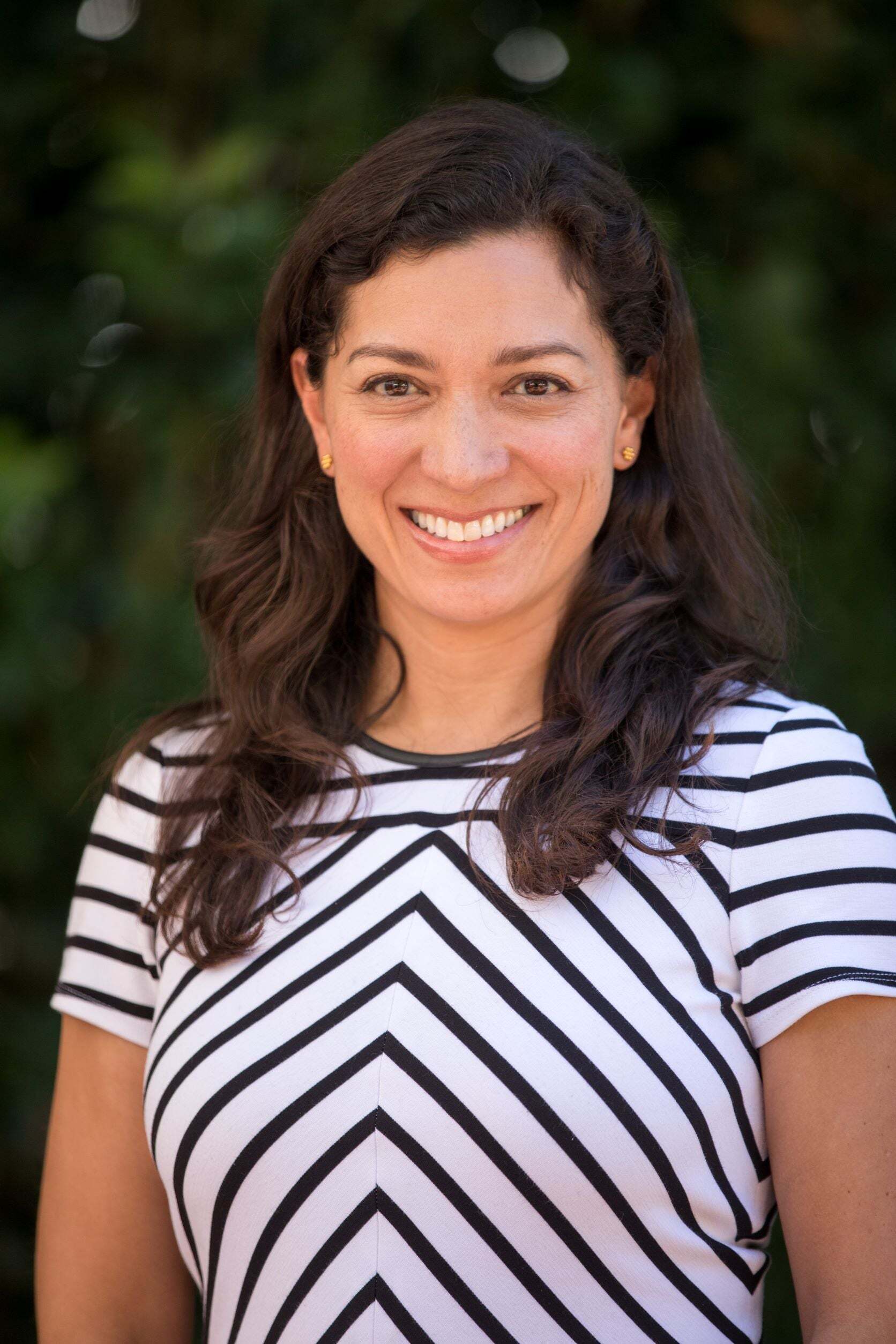Culture, Community, & Global Mental Health Research Lab
Overview: The Culture, Community & Global Mental Health Research Lab examines the intersection of culture and mental health through both a clinical and a community/social ecology framework. Students interested broadly in cultural psychology, immigration/ refugee issues among children and families, global mental health, and community collaborative work are encouraged to apply.
Research in this group includes secondary analysis of quantitative and qualitative (interview) data collected in various community settings (e.g., public high schools and community clinics), as well as the collection of primary data in schools and community mental health settings. Students are usually either Generalist Track or choose the Child/Family or Trauma or DCMH areas of emphasis, although all students are welcome.
Members of this research lab are expected to attend research group meetings (about 2x per month), collaborate with peers on many aspects of research projects including data collection, literature, analysis, writing and presenting, and be able to work in community settings. Students with foreign language skills, and/ or experience with international or ethnic minority populations, are particularly encouraged to apply.
In addition to conducting applied research, current lab members are involved in various professional activities such as adjunct university teaching, policy advocacy, delivering professional trainings, program evaluation, and asylum evaluation. The lab also offers international professional training through a lab partnership in Nairobi, Kenya, as well as opportunities for remote global work, such as with the World Health Organization. Lab members are the recipients of numerous awards, including APA's Minority Fellowship Program and Kaiser Permanente's Latinx Association Scholarship.
Mentorship and supervision includes all phases of the research process, from study conceptualization and community participatory methods, to data collection, literature review, mixed methods and qualitative design, and active dissemination of results through conference presentations and publications. Students are mentored in practicum applications and interviews, teaching and leadership, presentation skills, and other general domains of professional development. Please see the lab website for complete information on research group activities (publications, active projects, community partnerships, and studies led by students and alumni).
Recent Research Projects:
Immigrant mental health projects include longitudinal risk and resilience among newcomer immigrant adolescents; a needs assessment of immigrant families released from detention centers at the Texas/ Mexico border; an MHSA-funded school prevention program for newcomer youth in collaboration with UCSF; and clinical services for adult refugee survivors of torture. Global mental health projects include a collaboration with the World Health Organization to develop guidelines for suicide prevention in humanitarian settings; an evaluation of front lines mental health programs to combat modern slavery in Ethiopia, India, Nepal and Thailand; a task shifting intervention to heal trauma and promote peace in the Central African Republic; a study of traditional birth attendants in Kenya; and a study of post-traumatic growth following natural disaster in Puerto Rico. Community mental health projects include various intervention and program evaluations, such as an after-school soccer program for immigrant girls, an attachment focused intervention for parents experiencing homelessness, a tool for rating media reporting of suicide, in collaboration with Stanford, and a stigma reduction program for Korean-American seniors.
Sample Publication Links:
- Central American immigrant family separation and reunification.
- Impact of COVID on the delivery of a prevention program for newcomer youth.
- Mental health and trauma in the Central African Republic.
How to Apply:
Please submit the following items to Dr. Patel by email:
- Curriculum Vitae (please include email contact information for 2 references)
- Cover letter (1-2 pages) discussing any past research (or related) experiences, current and future research interests, fit with the lab, goals for research involvement, and your broader career goals for the future
- Unofficial PAU transcript


